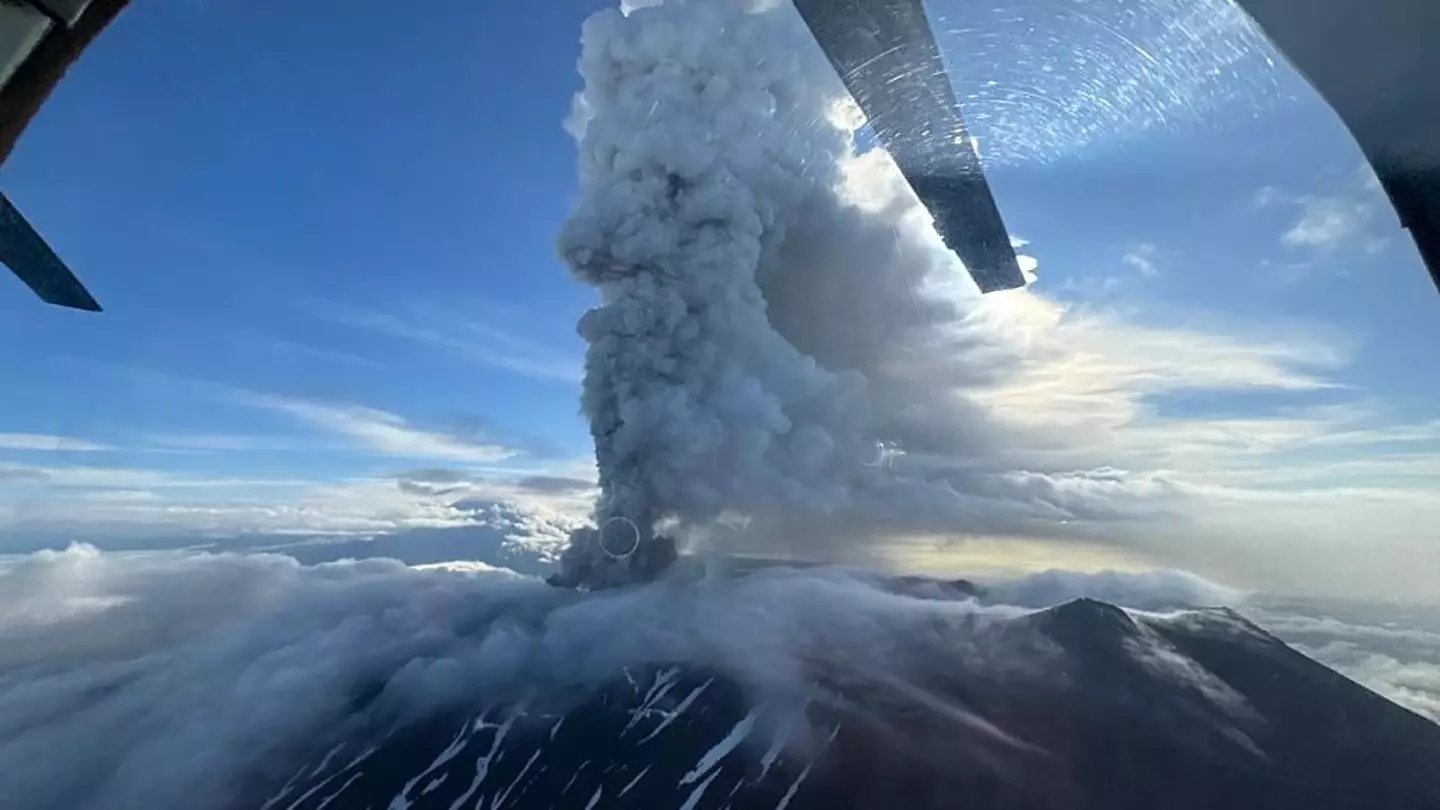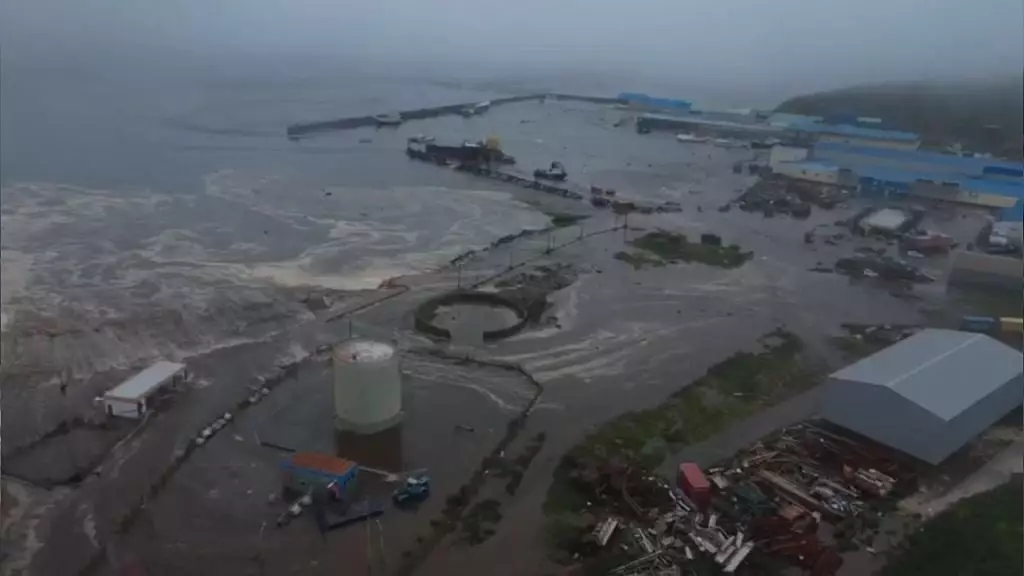
Volcanic eruptions are some of the most dangerous natural disasters to occur, and their unpredictability despite decades and even centuries of inactivity makes them terrifying to behold.
You'd be right to remain anxious around a volcano, as even those that have laid still for years can suddenly burst and explode with a fiery rage, causing potentially devastating effects on the surrounding areas.
Looking back in history at the catastrophic consequences of a volcano like Mount Vesuvius in Pompeii can give a terrifying picture of what volcanoes can achieve, and climate change could cause a horrific domino effect of hundreds of 'sleeping giants' currently trapped underneath the ice sheets.
However, one recent major event has caused on particular volcano to erupt after over 500 years of inactivity, and trends surrounding the natural disaster have left key scientists concerned.
Which volcano has erupted?
As reported by the Daily Mail, the Krasheninnikov Volcano in Kamchatka, Russia recently experienced a historic eruption on August 3, 2025, having previously remained dormant for over five centuries.
Advert

It currently exists along the 25,000-mile-long stretch of volcanoes known as the 'Ring of Fire, which goes around the Earth along most of the Pacific Ocean and contains somewhere between 750 and 915 different volcanoes — equating to around 90% of the global total.
It's recent explosion is particularly noteworthy as it is the first time is has been active in roughly 500 years, with scientists estimating it's last explosion between 1423 and 1503.
In erupting it sent both lava and ash into the air, with the Kamchatka Volcanic Eruption Response Team (KVERT) sending out an alert in response to 'ash explosions' of up to 10 kilometers.
What do scientists think caused the eruption?
Scientists are almost certain that the awakening of the Krasheninnikov Volcano is linked to the devastating 8.8-magnitude earthquake that hit Russia on the just before.

This was marked as the sixth largest tremor ever recorded, and the eruption occurred shortly after the earthquake took place, making a clear connection between both events.
Outlining the response, Dr Alexey Ozerov, director of the Russian Institute of Volcanic and Seismic Sciences, revealed:
"We associate the eruptions with the earthquake, which activated magmatic centers, and 'pumped' additional energy into them."
This theory was also backed up by other scientists across the globe, with Royal Holloway volcanologist Dr Jonathan Paul illustrating: "The earthquake released a huge amount of stress in the crust, which could have made an eruption easier by opening up new lines of weakness through which magma could travel upwards."
Scientists are therefore worried that further earthquakes – especially those that reach a similar scale to the recent 8.8-magnitude effort – could trigger further and more devastating volcanic eruptions, which could have a catastrophic impact on the surrounding areas through both lava and ash.
